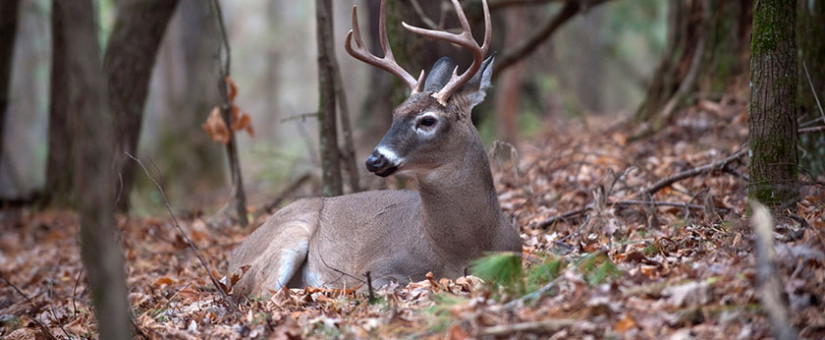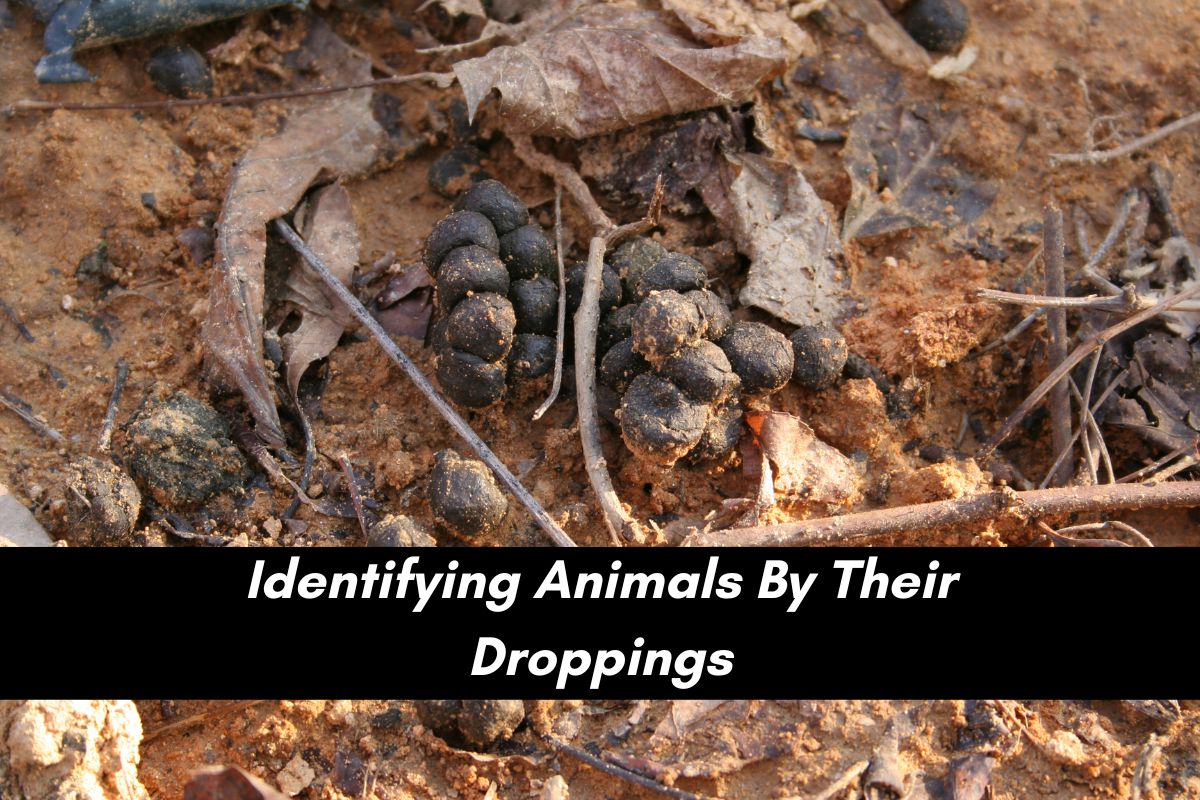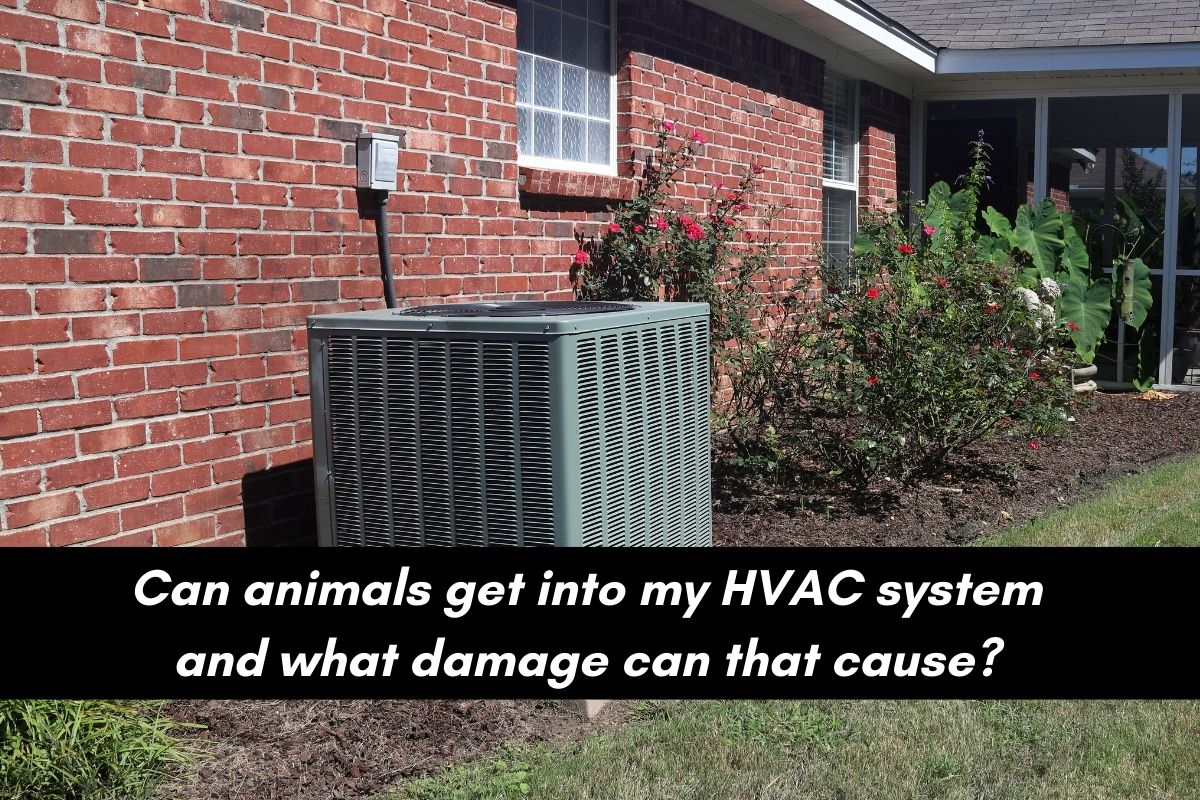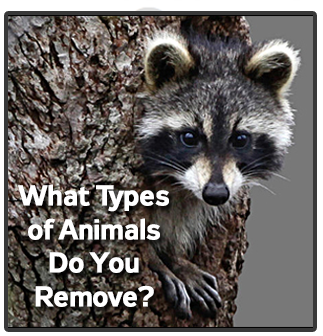
What to Do When A Sick or Dead Animal is On Your Property
- Posted by AdminBW
- On September 10, 2015
- 0 Comments
It happened in Chapel Hill just last week: a woman found her cat playing with a dead bat in the living room. What’s worse, once the bat was removed, it tested positively for rabies—the 7th confirmed case in Orange County this year.
There is some good news: the Chapel Hill resident didn’t try to remove the bat herself so she didn’t expose herself to a potentially fatal illness. Instead, she called for help.
Sometimes we get calls from customers who, rather sheepishly, want us to remove a sick or dead animal that has made its way into the resident’s house or yard. They may think they should take care of the removal themselves, but aren’t sure. Don’t be hesitant to call us—it’s the smart move.
Wildlife typically avoid encounters with humans, so if they approach you, they may have an illness that affects their natural instincts. And, of course, if an animal has died on your property, it may carry illnesses or bacteria that can transmit to you, your family or your pets.
Keep Safe When You Have a Sick or Dead Critter Nearby
If you find a sick or dead animal, the first thing is to isolate it to prevent a sick animal from escaping or attacking and to keep pets and children from getting too close. Close the door to that room, or keep people and pets from going outside near the animal, or whatever way works best to keep the critter separate from your family members. Next, call a wildlife control expert like Critter Control of the Triangle. Once you describe your situation, we can offer specific advice on what to do until we arrive. Calling promptly for removal is important because a sick or dead animal attracts other unwanted predators.
If you believe a family member or pet may have come in contact with a sick or dead animal, contact your physician or veterinarian immediately.
Although you can’t prevent all sick critters from coming onto your property, you can help reduce the risk of your pets contracting rabies. Regular rabies vaccines for dogs, cats and other animals can ensure your pet doesn’t get or pass on the disease. (The Chapel Hill cat wasn’t up to date on its rabies immunization and will remain in quarantine for six months.)
When a sick critter comes onto your property or dies there, it’s a warning sign. Don’t put yourself at risk. Instead, contact the wildlife control experts at Critter Control of the Triangle at 1-800-CRITTER or 919-382-0651 in Raleigh, Durham, Apex, Cary NC and the Triangle area.











